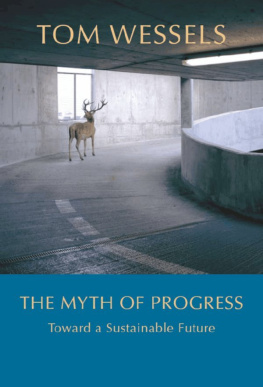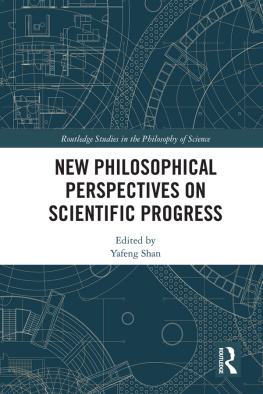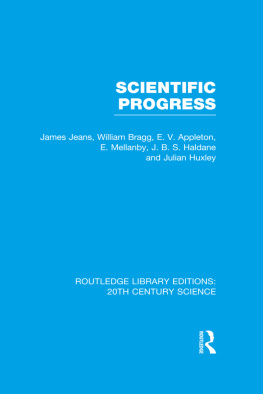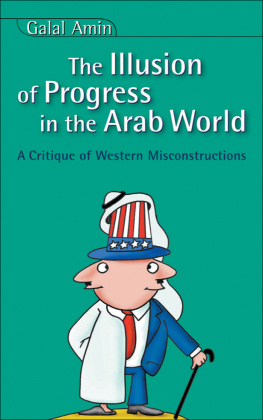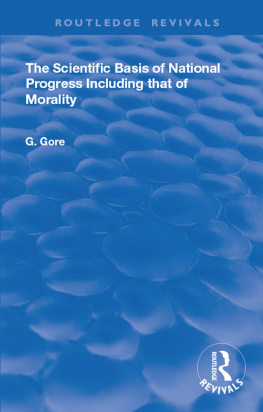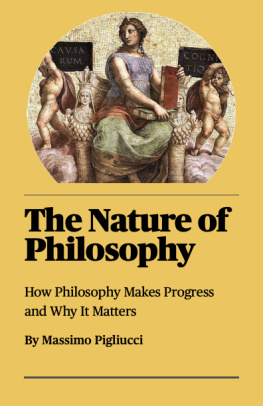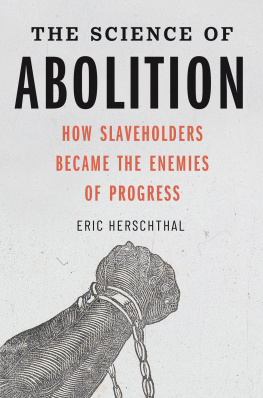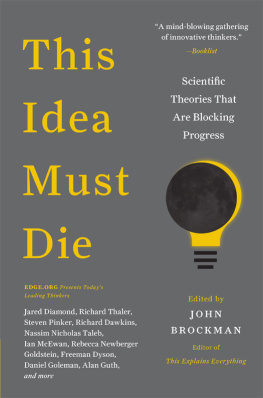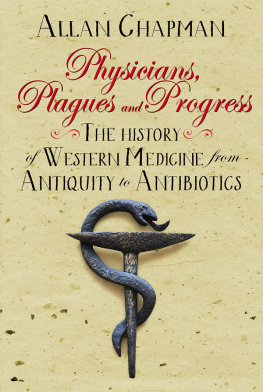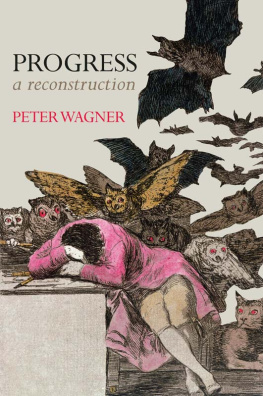Tom Wessels - The Myth of Progress
Here you can read online Tom Wessels - The Myth of Progress full text of the book (entire story) in english for free. Download pdf and epub, get meaning, cover and reviews about this ebook. year: 0, publisher: University of Vermont Press, genre: Romance novel. Description of the work, (preface) as well as reviews are available. Best literature library LitArk.com created for fans of good reading and offers a wide selection of genres:
Romance novel
Science fiction
Adventure
Detective
Science
History
Home and family
Prose
Art
Politics
Computer
Non-fiction
Religion
Business
Children
Humor
Choose a favorite category and find really read worthwhile books. Enjoy immersion in the world of imagination, feel the emotions of the characters or learn something new for yourself, make an fascinating discovery.
- Book:The Myth of Progress
- Author:
- Publisher:University of Vermont Press
- Genre:
- Year:0
- Rating:5 / 5
- Favourites:Add to favourites
- Your mark:
- 100
- 1
- 2
- 3
- 4
- 5
The Myth of Progress: summary, description and annotation
We offer to read an annotation, description, summary or preface (depends on what the author of the book "The Myth of Progress" wrote himself). If you haven't found the necessary information about the book — write in the comments, we will try to find it.
A provocative critique of Western progress from a scientific perspective.
The Myth of Progress — read online for free the complete book (whole text) full work
Below is the text of the book, divided by pages. System saving the place of the last page read, allows you to conveniently read the book "The Myth of Progress" online for free, without having to search again every time where you left off. Put a bookmark, and you can go to the page where you finished reading at any time.
Font size:
Interval:
Bookmark:
Toward a Sustainable Future
UNIVERSITY OF VERMONT PRESS
Burlington, Vermont
Published by University Press of New England
Hanover and London
University of Vermont Press
Published by University Press of New England,
One Court Street, Lebanon, NH 03766
www.upne.com
2006 by University of Vermont Press
All rights reserved. No part of this book may be reproduced in any form or by any electronic or mechanical means, including storage and retrieval systems, without permission in writing from the publisher, except by a reviewer, who may quote brief passages in a review. Members of educational institutions and organizations wishing to photocopy any of the work for classroom use, or authors and publishers who would like to obtain permission for any of the material in the work, should contact Permissions, University Press of New England, One Court Street, Lebanon, NH 03766.
Library of Congress Cataloging-in-Publication Data
Wessels, Tom, 1951
The myth of progress: toward a sustainable future / Tom Wessels.
p. cm.
Includes index.
ISBN-13: 978-1-58465-495-7 (cloth: alk. paper)
ISBN-10: 1-58465-495-3 (cloth: alk. paper)
1. Ecology. 2. Environmental policy. 3. Sustainable development. I. Title.
QH541.W42 2006
577dc222006016895
To the memory of
Donella Meadows
and her inspirational work
Contents
The idea for this book was sparked by a comment one of my students made in my principles of ecology course at Antioch. Although The Myth of Progress evolved into something quite different from its original conception, thanks to Susie Caldwell Rinehart for planting the seed. Thanks also to Jared Volpe for doing the initial research on indicators of progress and to my daughter, Kelsey Wessels, who served as my able research assistant throughout the development of the manuscript. Special thanks to my wife, Marcia Wessels, for her careful reading, editing, and constant support during the writing of the manuscript. I am grateful to my colleague Steve Chase for his extremely helpful suggestions on the books content and organization. Steves guidance was essential in more effectively merging my scientific background with current socioeconomic trends. Finally, I am indebted to Helen Whybrow, John Elder, and Tom Hudspeth for their very positive endorsements of this project and the staff at University Press of New England who have eagerly supported this project. Without their collective efforts this book might not have been published.
I grew up during the 1950s in a suburban development spawned by American optimism following World War II. Like so many of these developments, similar looking houses were evenly spaced on tidy one-half acre lots. Luckily for me, across the street from our house was an intact forest probably 70 acres in size. From my current ecological perspective, 70 acres doesnt seem like much, but back then it was an extensive wilderness. At the age of five, I started to walk to school through those woods, and for the next seven years the majority of my free time was spent in that forest building forts, climbing trees and cliffs, exploring boulder caves, and watching fat pollywogs grow into frogs. My early roots as an ecologist and natural historian were put down in those woods. My first experience of development occurred there too.
It was during the spring of my sixth-grade year, just as the leaves were opening on the maples, that two of my close friends and I were walking home from an after-school baseball game late in the afternoon. About five minutes into the woods we stumbled upon a brand new bulldozed road that had been punched right into the center of the forest. Shocked by this intrusion into our sanctuary, we followed the road a short distance and to our dismay found that the bulldozer had run right over one of our forts. Without saying a word we became of one mind and started to run down this new gash farther into the forest. The road ended in a clearing where the bulldozer had toppled a number of hoary-barked, old red maples and pushed them to one side. In the middle of the clearing sat the unattended bulldozerits operator apparently having finished work for the day.
We were outraged; without discussing it we started hurling stones at the dozers windows. Once we had cracked all the windows, we got some sharp sticks and punched holes throughout the leather seat cover and pulled out chunks of foam. Then into every gear that we could reach we jammed rocks, and with stout branches we pried off some hydraulic hoses. Finally we poured dirt, exposed by the dozers tracks, into its gas tank. We never questioned what we were doing, and it is the only time in my life that I vandalized someone elses property. But to the three of us, those woods were our home. The bulldozer had invaded the sanctity of that home, and we fought back.
Just about every person I have met who is close to my age has a similar experience of the loss of a special childhood place. Prior to the nineteenth century, the vast majority of human beings lived in landscapes where their ancestors had existed for generation after generation. In this way, people were intimately tied to their place. Its a very recent phenomenon that landscapes to which people were once connected have become smothered by developmentgrowth that we are told is a sign of progress. But is progress truly possible if its wake continually generates lossloss of connections to place and community, loss of clean air and water, loss of other species who are truly part of our ancestral family tree?
Although we probably did some serious damage to the dozer, within a few short months the entire forest was gone and soon replaced by a hundred new homes. Since that time I have learned that violence doesnt accomplish anything. So my efforts today are focused on educating people about the wonders of the natural world, hoping that this will foster stronger connections, stewardship, and care of our biological heritagea heritage that has taken more than three billion years to develop and on which our existence is completely dependent.
Now I am taking my experience as educator, ecologist, and natural historian and applying it to an examination of our notions of progress. I hope that just as I have helped people to see and experience natural history in a new way, I can offer an alternative view of our current socioeconomic system. I am not an experienced economist, political scientist, or sociologist. But as an ecologist I am well versed in the foundational laws that govern all complex systems, and a socioeconomic system is a complex one. It is within this context that I believe I can offer a sobering view of our current march toward progress.
Because my critique of our reigning notions of progress is scientifically based, scientific terms are used in this book. Those terms are listed in the glossary and appear in italics when first introduced in the text.
Economic growth is key to environmental
progress. George W. Bush, 2/14/02
The above statement is an excerpt from a speech that President Bush gave on Valentines Day. I heard it while listening to National Public Radios All Things Considered news program as I was driving home from Antioch New England Graduate School, where I teach. I found the Presidents statement so provocative that I had to pull over so I could write it down. As an ecologist, its evident to me that economic growth, as well as its associated ever-increasing extraction of resources and waste generation, is primarily responsible for the environmental problems that we are witnessing today. How can it be that a world leader would suggest that the solution to our environmental problems is more economic growth? Its possible that President Bush was being disingenuous in his statement. But it is equally possible that his assessment is the result of his paradigmatic view of progress. If we remove the word environmental, the Presidents statement becomes Economic growth is key to progressan opinion that is shared by the majority of people and policy makers today.
Font size:
Interval:
Bookmark:
Similar books «The Myth of Progress»
Look at similar books to The Myth of Progress. We have selected literature similar in name and meaning in the hope of providing readers with more options to find new, interesting, not yet read works.
Discussion, reviews of the book The Myth of Progress and just readers' own opinions. Leave your comments, write what you think about the work, its meaning or the main characters. Specify what exactly you liked and what you didn't like, and why you think so.

